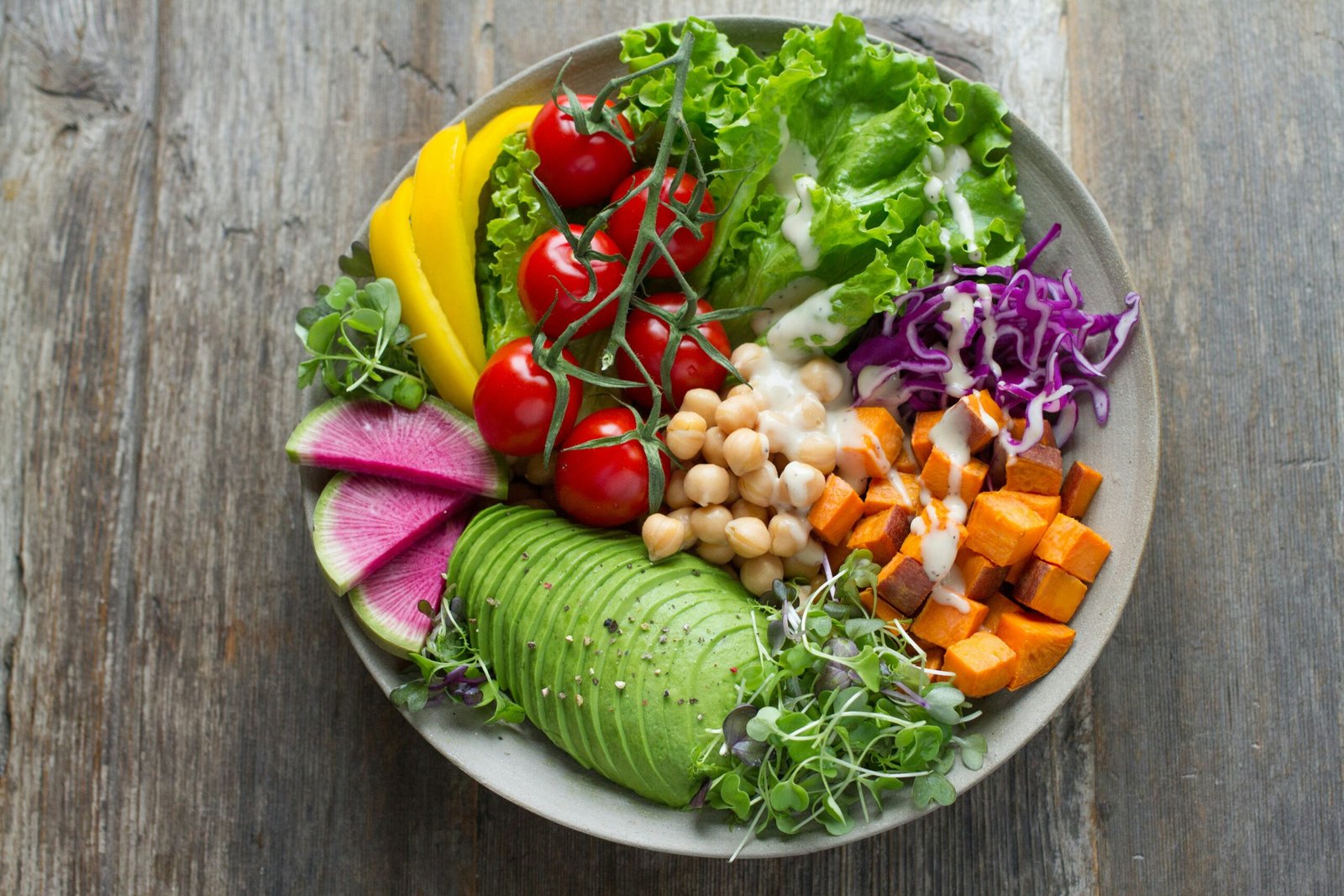The Power of a Vegan Diet in Lowering Cholesterol: A Balanced Approach
Cholesterol is a wily culprit that often sneaks up on us, silently wreaking havoc on our health. High cholesterol levels can lead to various cardiovascular diseases, making it crucial to keep them in check. While medication can help, adopting a vegan diet has emerged as a natural and effective way to lower cholesterol levels. In this article, we will explore how a vegan diet can contribute to reducing cholesterol, while emphasizing the importance of maintaining a balanced approach to nutrition.
The Cholesterol Connection
Before we delve into the benefits of a vegan diet, let’s understand the cholesterol connection. Cholesterol is a waxy substance produced by our liver and also found in certain foods. It plays a vital role in hormone production and cell membrane formation. However, when cholesterol levels become imbalanced, it can accumulate in our arteries, leading to atherosclerosis and increasing the risk of heart disease.
The Vegan Advantage
A vegan diet, which excludes all animal products, offers several advantages when it comes to lowering cholesterol:
1. Low in Saturated Fat
Animal-based products, such as meat and dairy, are typically high in saturated fat. By eliminating these foods from your diet, you significantly reduce your saturated fat intake. Saturated fat raises LDL cholesterol levels, commonly known as “bad” cholesterol. A vegan diet, rich in plant-based foods, provides healthier fats, such as monounsaturated and polyunsaturated fats, which can help lower LDL cholesterol levels.
2. High in Soluble Fiber
Fiber is a superhero in the fight against high cholesterol. Vegan diets are naturally high in soluble fiber, found abundantly in fruits, vegetables, legumes, and whole grains. Soluble fiber acts like a sponge, binding to cholesterol in the digestive system and preventing its absorption into the bloodstream. Regular consumption of soluble fiber can lead to a gradual decrease in LDL cholesterol levels.
3. Packed with Plant Sterols
Plant sterols are compounds found in plants that have a similar structure to cholesterol. When consumed, they compete with cholesterol for absorption in the intestines, resulting in reduced cholesterol levels. Vegan diets, abundant in plant-based foods, provide a good source of plant sterols, further aiding in the reduction of cholesterol levels.
A Balanced Approach
While a vegan diet can be a powerful tool in lowering cholesterol, it is essential to maintain a balanced approach to nutrition. Here are a few tips to ensure you are getting all the necessary nutrients:
1. Incorporate a Variety of Foods
Ensure you include a wide range of fruits, vegetables, whole grains, legumes, nuts, and seeds in your vegan diet. This will provide you with a diverse array of essential vitamins, minerals, and antioxidants.
2. Focus on Protein Sources
While animal-based proteins are off the table, it’s crucial to seek alternative sources of protein in your diet. Include plant-based proteins like tofu, tempeh, lentils, chickpeas, and quinoa to meet your protein requirements.
3. Don’t Forget Healthy Fats
While a vegan diet is naturally low in unhealthy fats, it’s important to incorporate healthy fats into your meals. Avocados, nuts, seeds, and olive oil are excellent sources of monounsaturated and polyunsaturated fats that support heart health.
4. Consider Supplements
Certain nutrients, like vitamin B12 and omega-3 fatty acids, are primarily found in animal-based products. Consult with a healthcare professional or registered dietitian to determine if you need to supplement these nutrients in your vegan diet.
Conclusion
A vegan diet can be a powerful ally in lowering cholesterol levels and promoting heart health. By eliminating animal products and focusing on a plant-based diet rich in soluble fiber, healthy fats, and plant sterols, you can make significant strides in maintaining healthy cholesterol levels. However, it is essential to remember that balance is key. By incorporating a variety of foods and considering necessary supplements, you can ensure you are meeting all your nutritional needs while reaping the benefits of a vegan lifestyle.
